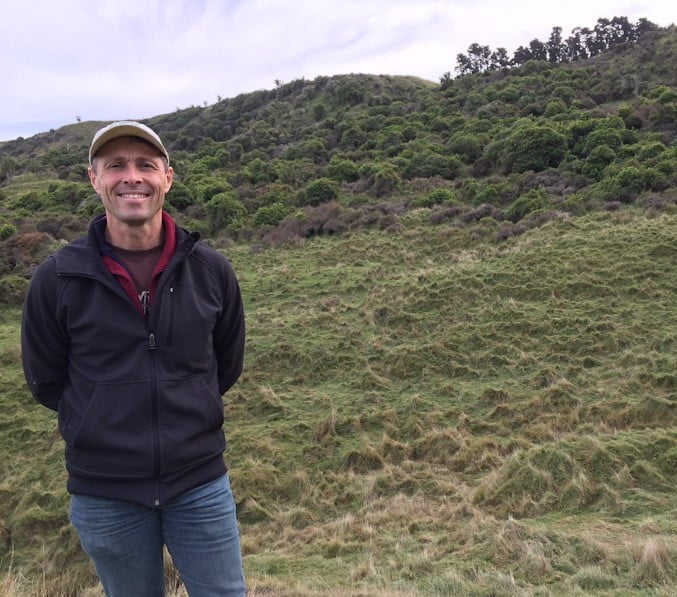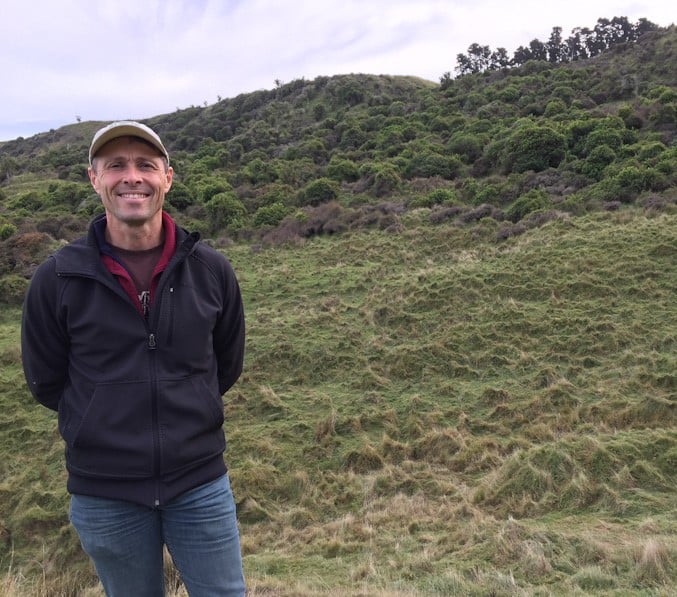
New Zealand scientists compiled 342 scientific studies from around the world which investigated the effects of non-crop vegetation on ecosystem processes on farms. They found 61% of studies showed a positive effect on the presence, rate or level of a range of processes.
Auckland University of Technology’s lead author Dr Bradley Case says agricultural landscapes make up almost half of the world’s land area and are critical for providing food and livelihoods.
But economic pressure to intensify farming practices has often resulted in the conversion of natural vegetation types into agricultural land. Globally, this has resulted in these landscapes having only small areas of non-productive vegetation such as riparian margins, remnant forest patches, and hedgerows.
However, these non-productive vegetation features, as small as a single tree, increase the biodiversity of a landscape. Higher levels of biodiversity have been linked to increased resilience against extreme weather events such as drought or flooding.
From the studies surveyed, non-productive vegetation was found to:
- increase natural control of crop pests
- increase decomposition, carbon and nutrient cycling
- reduce the spread of weeds throughout the landscape
- increase wildlife movement
- increase wildlife diversity
The studies that measured the ecosystem processes directly, rather than by proxy, showed a stronger positive effect of non-productive vegetation.
Bradley says there are still big gaps in our knowledge of the farming ecosystem.
“For example, even though we know which tree species are more or less flammable, there have been no studies looking at how this could affect fires in the farming landscape,” he says.
“With climate change increasing the likelihood of extreme weather events, landowners need this sort of information to plan for the future.”
This study was part of the BioHeritage Farming & Nature Conservation project.
The article abstract was translated into Te Reo Māori by Auckland University of Technology’s assistant pro-vice chancellor (Māori advancement) Dr Valance Smith.
